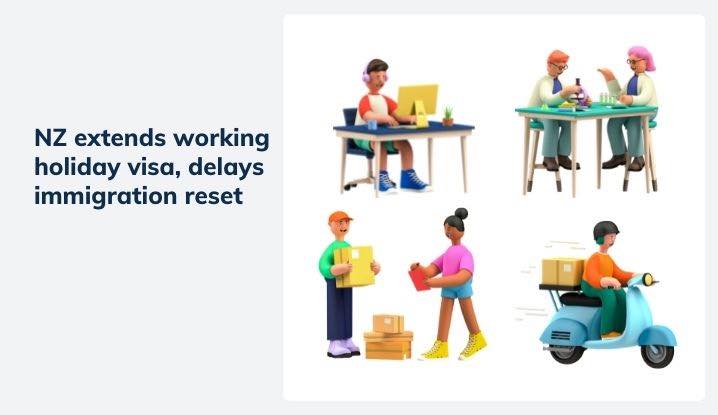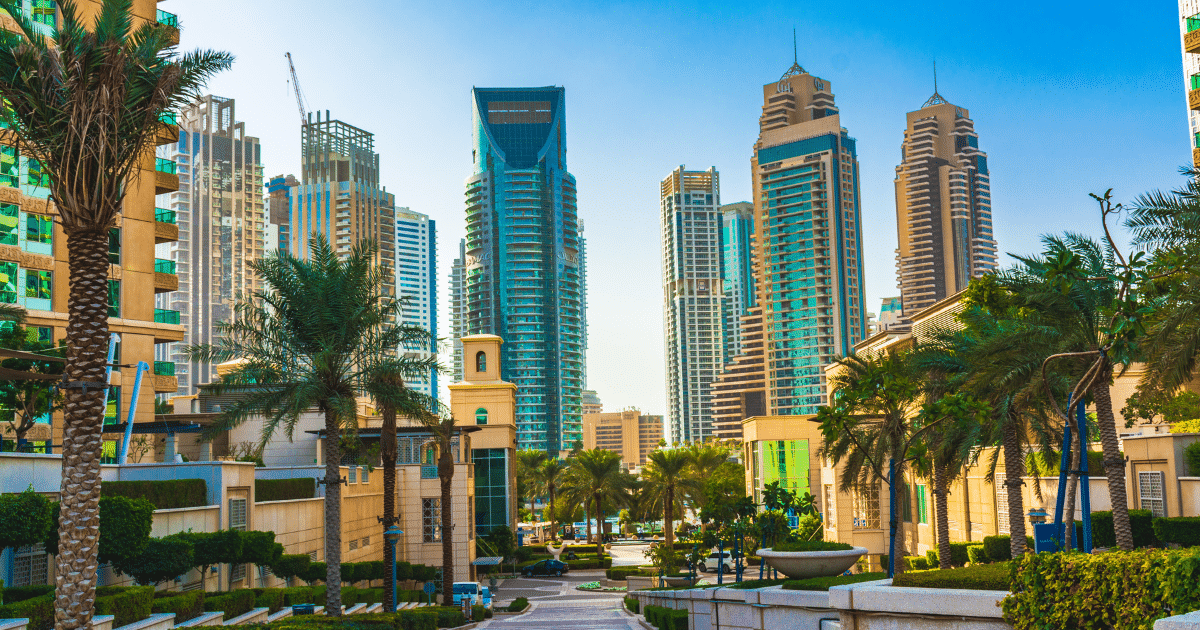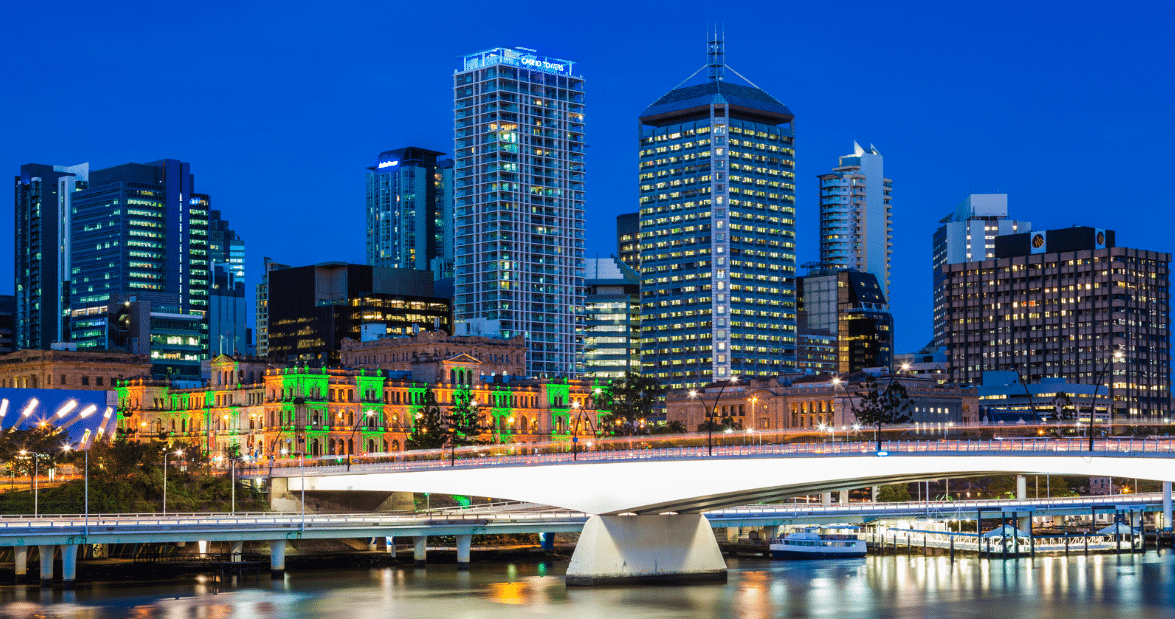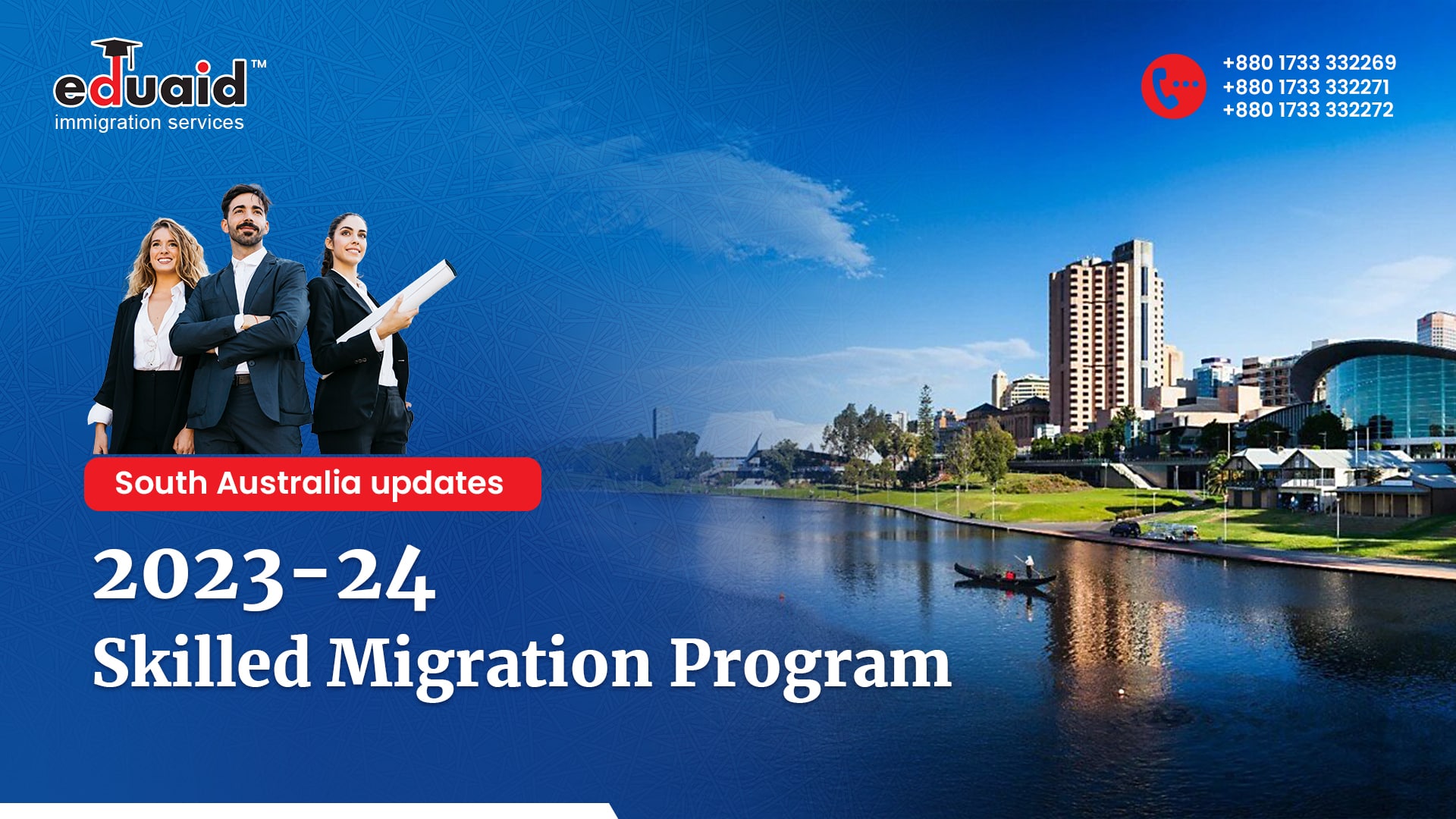Immigration New Zealand will extend working holiday visas for ten thousand temporary skilled migrants in New Zealand for another six months, Immigration Minister Kris Faafoi has said.
The visa extensions for skilled migrants would ensure employers in New Zealand can “continue to access the current onshore workforce” to help with skill shortages, Mr Faafoi said.
He also said that the working holiday visa extensions would ease the anxiety of temporary skilled migrants in New Zealand with the knowledge that they can stay and work in the country for the foreseeable future.
Despite extending the working holiday visas, New Zealand continues to prepare for its “once-in-a-lifetime” immigration reset.
As part of this immigration reset, NZ will move away from relying on skilled migrants with lower skill levels and turn towards a greater number of skilled migrants with higher skill levels arriving in the country.
Given that the majority of working holiday visa holders in New Zealand are employed in low-paying jobs, many people are left confused by the contradiction of Immigration New Zealand extending these visas while still preparing for the immigration reset.
Temporary skilled migrants in New Zealand are having to stay vigilant for updates on their future, with many complaining of Immigration New Zealand’s pattern of last-minute update announcements.
Elsewhere, an education and workforce select committee criticised the NZ government for its immigration reset and imminent working holiday visa announcements.
Erica Stanford, NZ National Party spokeswoman for immigration, asked whether extending the working holiday visas was an indication that the country needed a wider range of skilled migrants.
She said that while any announcement on visa extensions for stranded skilled migrants in New Zealand was welcomed, Immigration NZ’s actions also highlighted problems with the proposed immigration reset.
She also pointed out that with the very first opportunity Immigration Minister Mr Faafoi had of putting the immigration reset into practice, he did the exact opposite by extending the visas for lower skilled temporary migrants.
This contradiction, of Immigration NZ planning to turn to higher skilled migrants yet extending the visa of their lower skilled counterparts, is clear for everyone to see and feel confused by.
She also claimed that while the reality for New Zealand is that the country needs more skilled migrants across a broader range of skills, it is not politically permissible for Immigration NZ to admit it.






